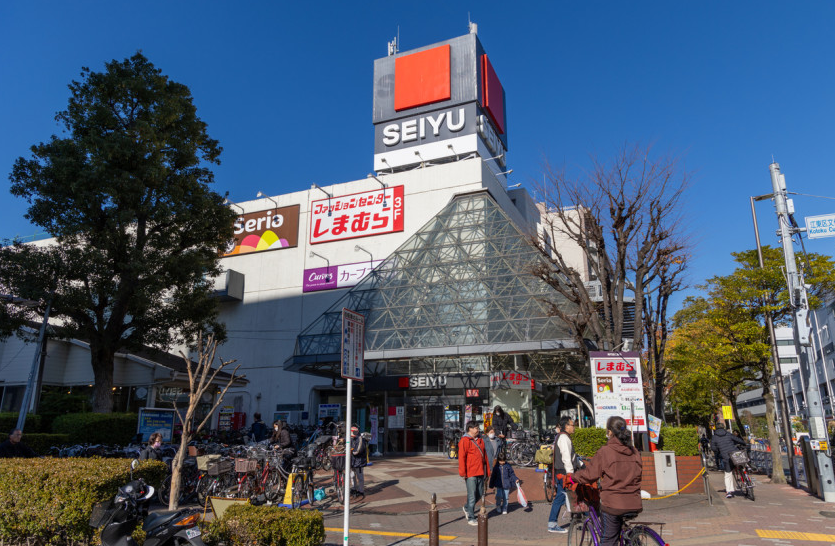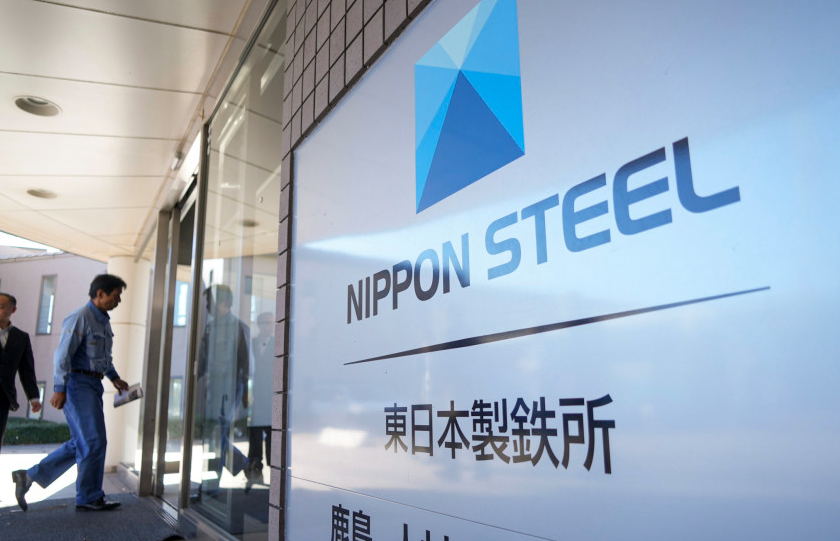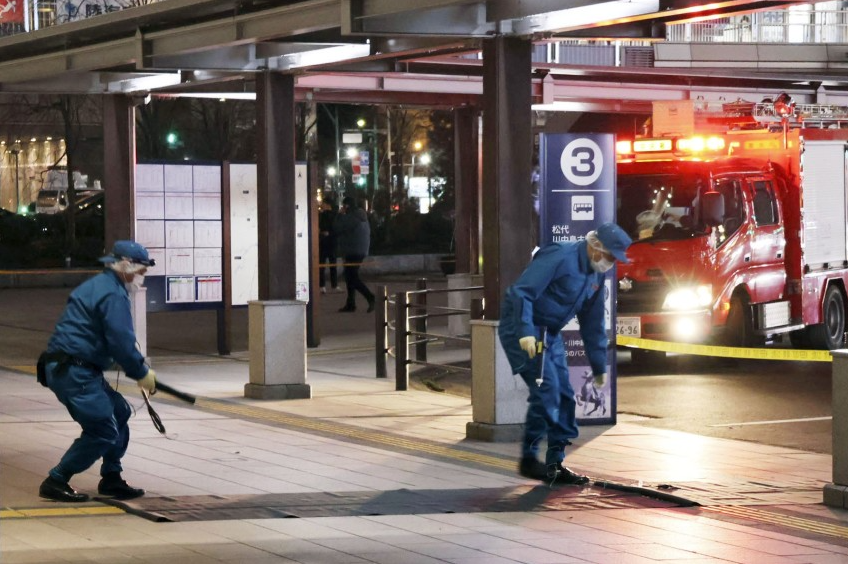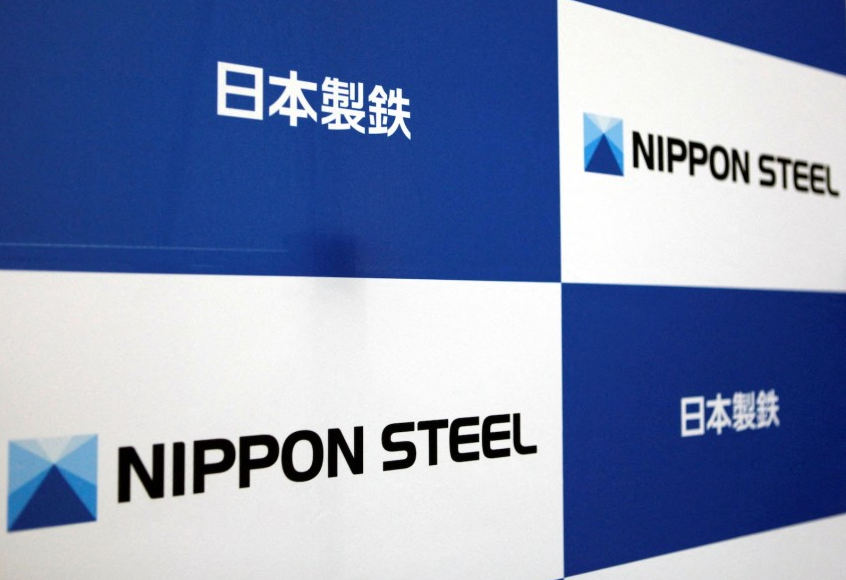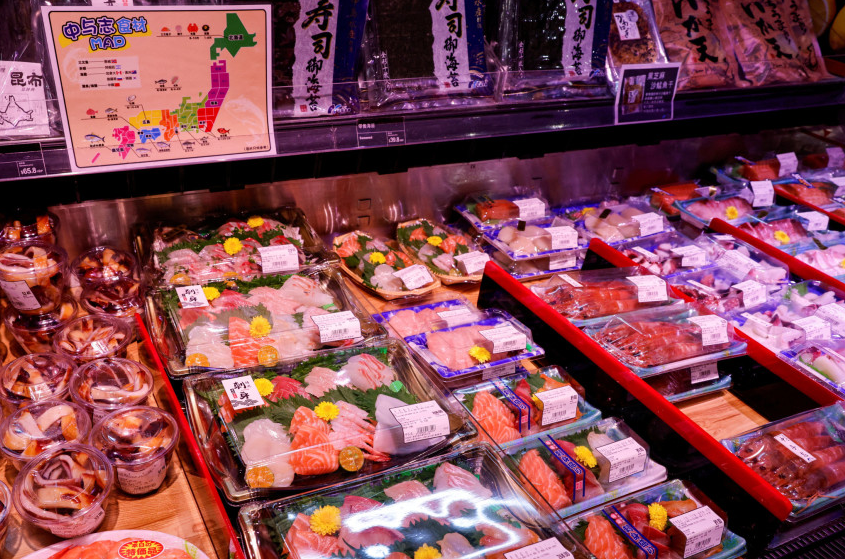发布时间:2023-09-07 人气:3 作者:郝
The national average retail price of regular gasoline has soared to a record high of 186.50 yen. In Hyogo Prefecture, the price remains high at 183.10 yen, although it is below the national average. In addition to the depreciation of the yen and soaring crude oil prices, the government is gradually reducing subsidies provided to oil distributors to contain prices, and there are no signs of a decline in prices. The government has indicated that it will expand subsidies, but consumers and people in the transportation industry in the prefecture are worried about the future.
"The other day, when I filled it up, it exceeded 10,000 yen, and I felt the price increase." A gas station in Chuo-ku, Kobe. A 47-year-old male office worker from the same ward refueling a company car sighs. "I usually commute by car, but I try to avoid riding as much as possible using public transportation."
The national average price of gasoline has risen for 16 consecutive weeks, reaching a new high for the first time in 15 years since 2008. Although prices vary by region due to transportation costs and price competition, Hyogo Prefecture has also risen for 14 consecutive weeks. The government has been gradually reducing subsidies that began in January this year to keep gasoline prices down, but announced that they will extend and gradually expand them until the end of September before they expire at the end of September.
"There are fewer people filling up the tank." Gas station operators in the prefecture agree. Many drivers purchase at a specified price and reduce the number of refueling, and the sales volume is decreasing.
Tomonori Uchishiba, 62, president of Ryohua Oil Service Co., Ltd. (Nagata-ku, Kobe City), laments that "costs are steadily rising and profit margins are falling." Yumiko Hayashi, director of the Sannomiya Service Station (Chuo-ku) of British Oil Co., Ltd., said, "I hope that the war (between Russia and Ukraine), which is one of the reasons for the soaring prices, will end."
The impact will also spread to the taxi industry. Many taxis use liquefied petroleum gas (LPG) as fuel, but major taxi companies in the prefecture that have also introduced gasoline vehicles "have a larger price increase in price than gas." "If prices continue to soar, we will have to reconsider purchasing gasoline-powered vehicles," he said, watching price developments.
In addition, Shinki Bus (Himeji City) uses about 1.7 million liters of diesel oil per month for the entire group. The cost increase was just over 1% year-on-year in the April~June period due to the effect of the subsidy, but without the subsidy, it will be about 20 million yen per month. The company says, "It is difficult to raise the fare of route buses, and we need a mechanism that can raise the fare in the short term."
The transportation industry is worried about the soaring price of gasoline during the recovery phase from the new coronavirus disaster. Yasunori Kunida, 39, president of Kunida Transport Co., Ltd. (Kasai City), which handles cargo related to the manufacturing industry, is confused, saying, "We can't catch demand without using cars, but at present it is not profitable, and there is no way to take measures."
Regarding gasoline prices, Mitsuo Fujiyama, deputy director of the Kansai Center for Economic Research at the Japan Research Institute, said, "It is unlikely that gasoline prices will rise significantly from the current level in the future, but they will remain at the same level for a while."

